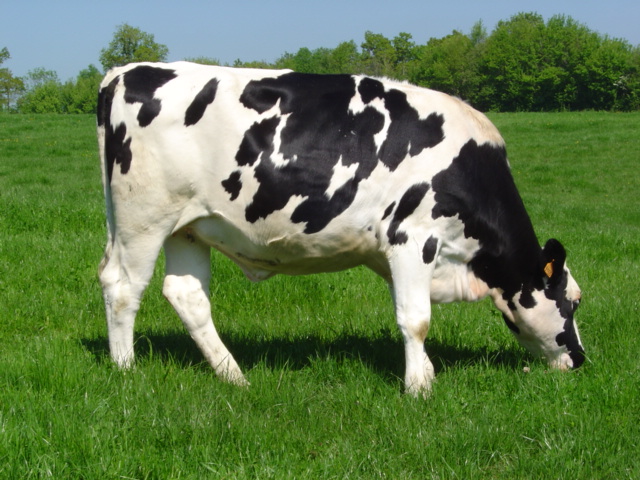Wednesday, March 16, 2016 - Mastitis has always been the bane of U.S. dairy producers. Steve Nickerson, University  of Georgia professor of Animal and Dairy Science, recently published data showing $2 billion is spent on mastitis as a result of treatment costs, discarded milk for drug withholding, lost milk production, veterinary services, lost milk premiums, and reduced cull values.
of Georgia professor of Animal and Dairy Science, recently published data showing $2 billion is spent on mastitis as a result of treatment costs, discarded milk for drug withholding, lost milk production, veterinary services, lost milk premiums, and reduced cull values.
“The focus of mastitis research has definitely shifted,” said veteran mastitis researcher Lorraine Sordillo, Professor and Meadow Brook Chair of Farm Animal Health at Michigan State University’s College of Veterinary Medicine. “When I began researching mastitis 30 years ago, we concentrated heavily on epidemiology and microbiology. Now we are placing much greater emphasis on immunology and enhancing the cow’s natural defenses to minimize mastitis infections.”
U.S. dairy producers have made much progress in managing mastitis in their herds. She and Nickerson attribute much of that success to adherence to the “5-Point Plan for Mastitis Management,” issued decades ago by the National Mastitis Council.
The hallmarks of the 5-Point Plan are (1) treat disinfection; (2) dry-cow antibiotic therapy; (3) use of functionally adequate milking machines; (4) antibiotic therapy for clinical mastitis infections, and (5) culling of chronic cows.
Today’s mastitis research focuses heavily on enhancing cows’ immune systems to help them ward off and mitigate invasive pathogens. Commercially available mastitis vaccines are all bacterins, meaning they help the cow’s immune system recognize the core structure of the target bacteria, and generally are more effective at helping cows resolve new infections rather than preventing them. At least 137 organisms cause mastitis, so it is not likely vaccines can be developed for all of them.
Enhancing immunity through nutrition is Sordillo’s primary area of research today. “Optimal immunity is derived from optimal nutrition,” she said. “Particularly in times of stress and negative energy balance, the cow’s immune system is starved for the micronutrients it needs to fully function.”
Sordillo’s research has shown that dietary supplements with trace minerals and vitamins can have immune-modulatory effects on the mammary system.
While the researchers agree antibiotic therapy always will be part of the mastitis offense, its role will change. Mounting concern about antibiotic resistance in human medicine is causing antibiotic mastitis therapy to be looked at more critically. Sordillo said: “Prophylactic antibiotic use, such as whole-herd dry-cow therapy, probably will not continue as we know it today.”
Learn More Here
COMMENT: It is gratifying to see that researchers are finally recognizing what we knew over fifty years ago: animal health begins with proper nutrition and balanced trace minerals. Check out Advanced Biological Concepts’ complete line of organically certified minerals to enhance immune health in your animals.